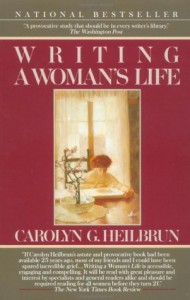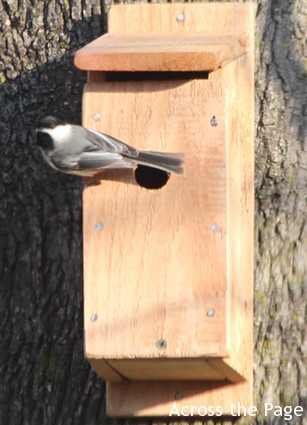Writing a Woman’s Life
 I’ve had this slim book for years. It’s one my dissertation advisor gave me when he was paring down his library in preparation to move. I’ve put it off, partly because of the size of the stack I had to read already, and partly because I felt wary of militant feminism.
I’ve had this slim book for years. It’s one my dissertation advisor gave me when he was paring down his library in preparation to move. I’ve put it off, partly because of the size of the stack I had to read already, and partly because I felt wary of militant feminism.
It’s a very insightful book about the issues that need to be included in writing the story of a woman’s life. It’s of interest to biographers of women, female autobiographers, or simply women developing a personal the script for their own lives. Heilbrun, an outspoken feminist who taught at Columbia University, contends that until comparatively recently the life narratives available to women have been quite limited. She sees this as deliberate, a power play by a patriarchal society that wanted to keep women subservient by making sure the only structural devices for imagining their lives revolved around males or family.
Like any perspective, I think the feminist point of view is itself limited if it’s the only lens used to understand the world. This was only reinforced for me while reading when, upon becoming curious about Heilbrun, I investigated her biography online and learned that she had committed suicide at age 77, a wife, mother and grandmother. This was reported as a reasoned choice consistent with her belief that individuals should choose when their lives are completed; there was no illness or trauma precipitating it. But to me it also sounds a sad cautionary note when reading her ideas. However intelligent and well-intentioned, they’re not in themselves life-affirming.
However, also like any perspective, the feminist point of view can yield some thought-provoking insights — ar at least, that’s the case in this book. Although I have a negative knee-jerk response to the idea that it’s the culture’s responsibility to provide a buffet of life-stories for individuals to choose from in order for them to step into freedom, the way this book functioned for me served as a corrective. Its discussion gave me new ways to think about my own life. And it helped me to recognize that the way I’ve understood (and been encouraged to understand) certain experiences and environmental factors — in my upbringing, and in my nature and personality — is not the only way to understand them. In this respect I found the book encouraging and stimulating. Filtered through the lens of my own worldview, there is revelation here to be incorporated into my own story.




One Comment
Ruth
Sounds very interesting. How sad that she committed suicide.